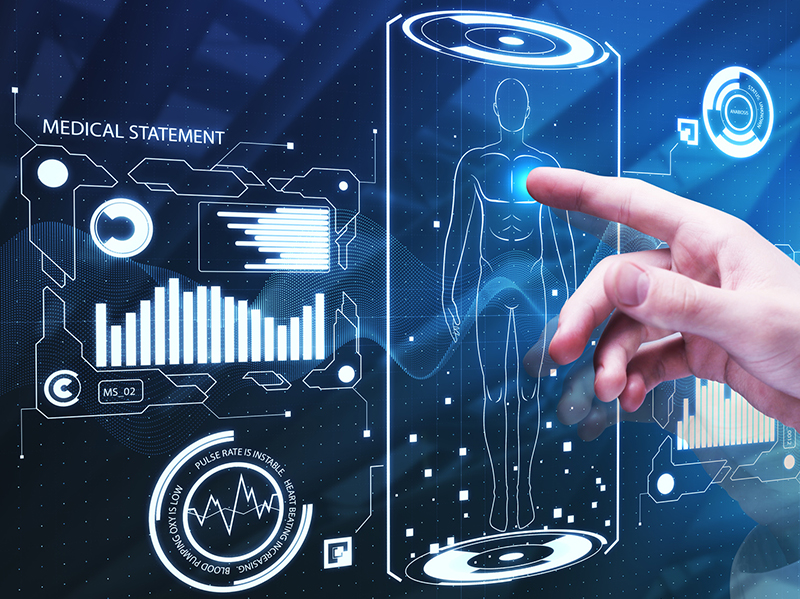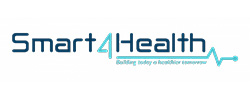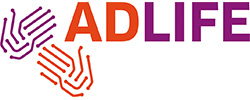
Description
Initial Digital Platforms in the Healthcare Sector
The “digitisation” of the healthcare system has been underway since at least the 1990s but has evolved slowly due to a number of major barriers. The main ones to highlight are the complexity of healthcare systems, the nature of the patient-healthcare professional relationship, the resistance of clinicians to change the way they work, and legal and ethical issues such as privacy and the sensitivity of healthcare data. Hence, an active collaboration between the various stakeholders has always and still is a prerequisite for success.
In the larger European area, the first large scale deployment of digital services in Healthcare was the implementation of electronic medical records (EMRs) in both primary care and hospitals in countries such as Denmark, Sweden and Israel and regions such as Andalusia (Spain) and Lombardy (Italy). EMRs have served as the foundation for the digital transformation of healthcare.
Over the past decade
Over the past decade, a number of national and regional governments have developed and implemented eHealth strategies which include national or regional Electronic Health Records (EHRs) aiming at ensuring continuity of care across the healthcare systems. The approaches for these digital platforms range from centralized or federated decentralized and distributed architectures.
In parallel, services such as electronic prescriptions have also been deployed on a large scale to address the question of data quality and consistency and administrative simplification.
Unfortunately, the organisational fragmentation of healthcare (into its different sectors, such as primary care secondary hospital care and long term care) and the differences in the organization of the health care systems (insurance based or not) continue to lead to similar fragmentation of digital systems in place. Other elements which have played a role in this fragmentation are: insufficient levels of investment in key infrastructure and infostructure building blocks, proprietary standards, insufficient coordination between authorities and the weight of legacy systems.

Challenges
Today’s Challenges for the Digital Transformation of the Healthcare Sector
There are a number of current challenges facing the healthcare sector in terms of its ongoing digital transformation. These often relate to specific types of technologies.
In response to today’s health care needs, mHealth offers a potential solution. It is playing a rapidly greater role in both health and social care, increasingly supplanting earlier technologies such as telemedicine and telehealth; in general, it enables communication among health care professionals and clinicians and patients using instant messaging and chat platforms such as WhatsApp. The challenge now is to integrate mHealth with existing EHR’s platforms to become an integral part of the overall digital system and network.
Other potential areas (including technologies) for digitisation in health care that can be supported by open digital platforms, reference architectures, open solutions and trusted networks are:
Sector Specific Platforms
A number of platforms, and associated ecosystems, have been developed during the last ten years in each of the specific sectors covered by OPEN DEI. Several are evident in the field of healthcare. Of importance to platforms are the platform-related activities identified as the “six Ps” by OPEN DEI. Besides platforms, the other five are: products, processes, people, partnership(s), and performance. In healthcare, various platforms have emerged at European level since 2010 and have developed their own ecosystem, including the following:

Significant Innovation Policy Initiatives and Ecosystems in the Domain
Various ongoing innovation policy-oriented initiatives can potentially help overcome the organisational fragmentation and build sustainability of interactions in the field. They include the following list of initiatives and ecosystems:
- The Active and Assisted Living (AAL) Programme which involves European Member States and regions, and include member countries from outside Europe;
- The Health community of the European Institute of Innovation and Technology (EIT) on healthy living and active ageing, known as EIT-Health;
- The European Innovation Partnership on Active and Healthy Ageing (EIP on AHA);
- The eHealth Network and the joint action supporting its work (the current Joint Action being eHAction);
- The Joint Programming Initiative with Member States on More Years, Better Lives (JPI MYBL), which again involves a different combination of Member States and countries outside Europe;
- The EU Silver Economy strategy.
- TEHDAS: Joint Action Towards the European Health Data Space
Several of these initiatives – especially AAL, EIP on AHA, and the JPI MYBL together – are currently exploring the possibility of forming larger post-2020 partnerships: a co-written joint statement outlines their synergies.
Significant Standards Initiatives in the Domain
From the beginning, electronic identification, interoperability and standardization have been and are still key issues. They have been addressed at national, international and European level e.g. with EU-funded projects aiming at enabling cross-border data exchange between these national and regional platforms. Several standardization initiatives, sometimes competing, have emerged at local, European and International levels. Recent efforts have tried to classify the standards against a reference framework and improve the usability of selected standards:
- An eHealth Interoperability Framework (eEIF) has been defined and its refined version (ReEIF) has been adopted by the eHealth Network in November 2015. This common framework is a means for managing interoperability and standardisation challenges in the eHealth domain in Europe.
- A Conformity Assessment Scheme (CAS) for Europe has furthermore been developed. It promotes the adoption and take-up of interoperability testing mechanisms for testing eHealth solutions against standards and profiles defined in the ReEIF.
- The European Interoperability Framework (EIF) supported by the project ISA has also produced 47 cross-domain recommendations for the use of standards and specifications to set up interoperable digital public services.
Examples of standards initiatives and bodies in the healthcare domain include:
OPEN DEI Projects

OPEN DEI Next Steps
Topical priorities have been discussed and selected within the Healthcare cluster. They relate to dissemination, use cases, KPIs, architecture, standards and reusable components and GDPR. 5 Working groups, each led by a different project, have been created. Their first mission is to be able to provide initial information in order to describe the use cases and the associated requirements. This will allow then an informed discussion on the technical choices to be operated.
The OPEN DEI Large scale Pilots dashboard will give more visibility to what is domain specific and what can travel across domains, leveraging thus more synergy opportunities and creating new awareness. This is particularly true for reference architecture which increasingly need to be able to integrate data from Internet of Things or from other health determinants which are not healthcare specifics.


















